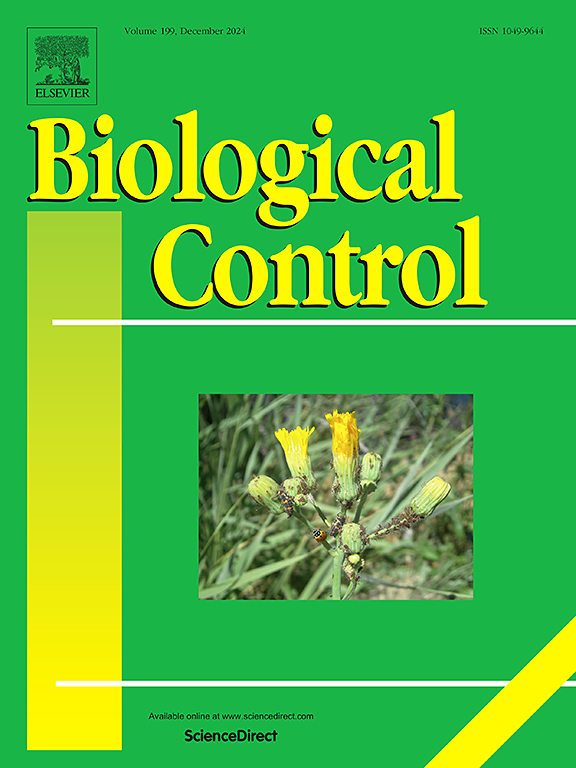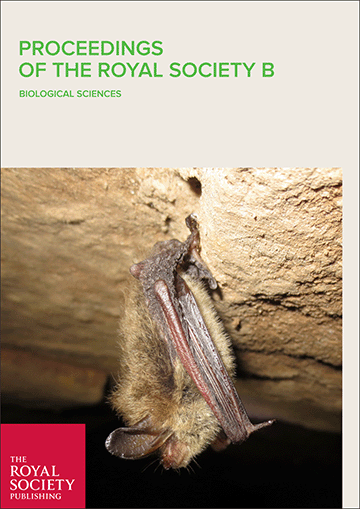Download:
Publication year
2014
Authors
Larson, A.M.; Dokken, T.; Duchelle, A.E.
Language
English
Keywords
climate change, community forestry, decision making, deforestation, emissions, forest management, forests, gender relations, indigenous peoples, social participation, villages, women
























